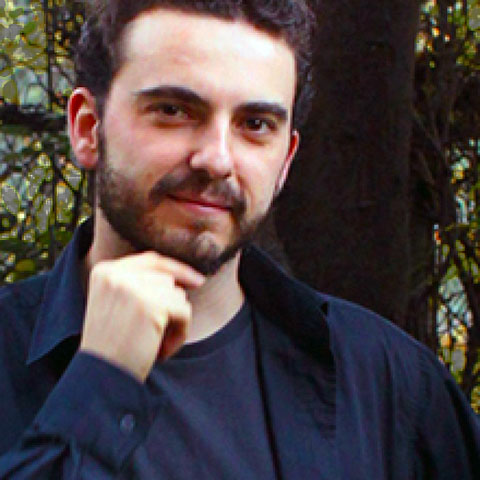News Details

Topic description / abstract:
Despite all its successes, modern biology has done remarkably little to tackle the fundamental question that lies at its very heart, namely ‘What is the nature of the organism?’ Contemporary biologists seldom ask this question openly and explicitly. The reason is simple: they already presuppose the answer. The organism is a machine. The history of biology since the seventeenth century is in many ways the story of the success of the machine conception of the organism (MCO), formulated by René Descartes, and developed by numerous biological thinkers over subsequent centuries. Today, the MCO is one of the most pervasive metaphors in biology. Part of its success lies in its remarkable plasticity, as it is able to take a variety of different forms depending on the context. To mention only a few of its contemporary manifestations, in developmental biology it equates the embryo with a computer that executes a predetermined set of operations in accordance with a program encoded in its genes; in evolutionary biology it assimilates organisms with optimally-designed artefacts blindly engineered by natural selection; and in molecular biology it identifies the cell as a factory of highly specialized molecular machines. In recent years, however, there have been growing voices of dissent as more biologists and philosophers have begun to question the theoretical legitimacy of the MCO. It is becoming clear that, despite its undeniable heuristic value, the MCO offers only a partial, and rather distorted, view of living systems. The reason is that, some superficial similarities notwithstanding, organisms are fundamentally different from machines. From an ontological point of view, the MCO is fraught with problems. In this talk, I will advance three distinct arguments against the MCO with the purpose of conclusively establishing its inadequacy as a general theory of living systems. I will conclude by considering some of the wide-ranging implications that follow from a rejection of the MCO.
Biographical note:
Daniel Nicholson is a senior research fellow at the KLI. His work is characterized by an integrated and strongly interdisciplinary approach to the history and philosophy of biology. His current research focuses on the ontology of living systems, particularly on the ways in which organisms differ from other complex organized systems like machines, and on the implications that these differences have for biological theory. He also has a longstanding interest in the historical development of theoretical and philosophical reflections on biology. Dan holds a PhD in philosophy (Exeter) as well as masters degrees in history and philosophy of science (Leeds) and molecular and cellular biology (Bath). Prior to returning to the KLI, Dan was a research fellow at the Centre for the Study of Life Sciences (Exeter) and at the Cohn Institute for the History and Philosophy of Science and Ideas (Tel Aviv).

